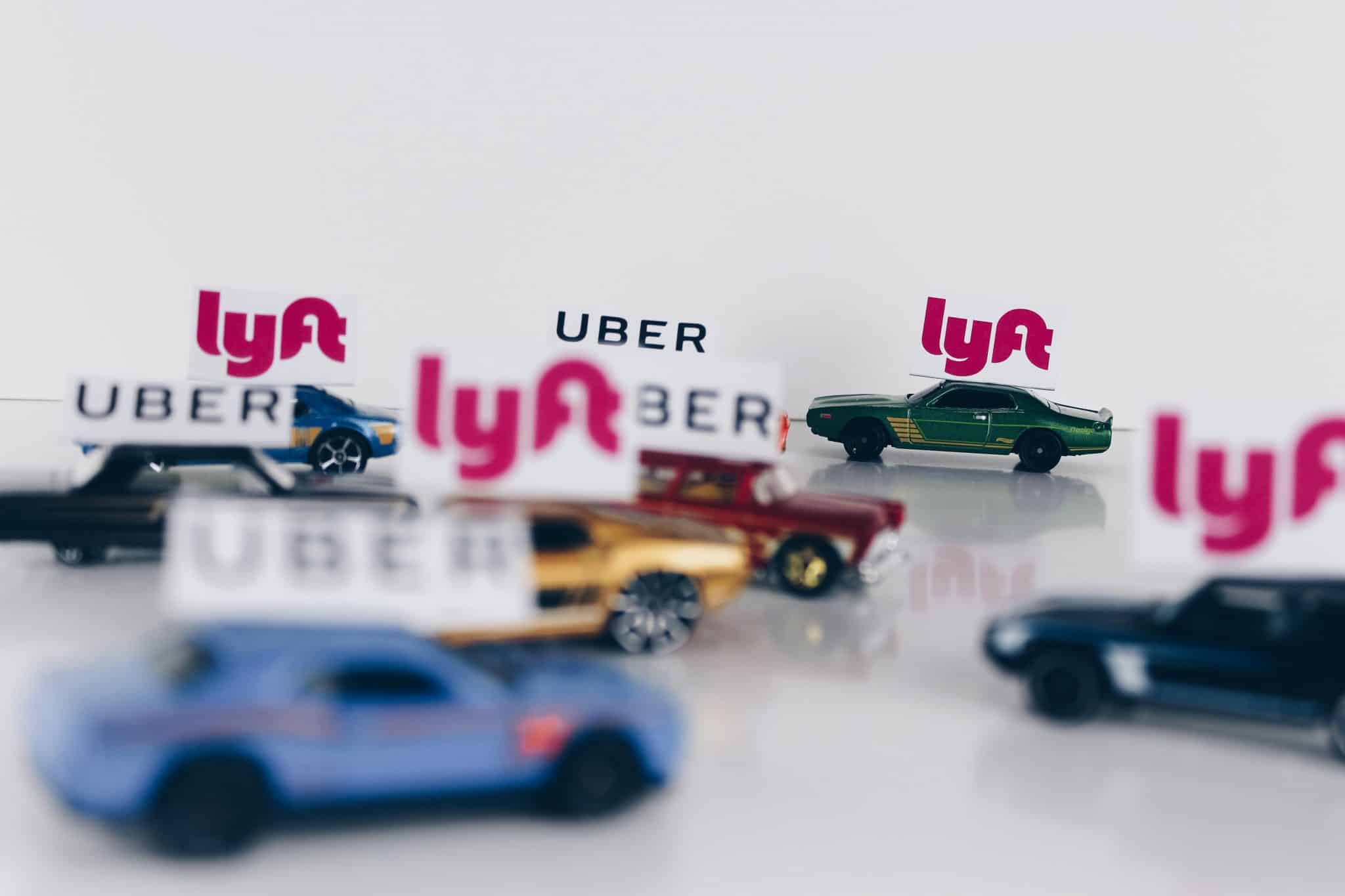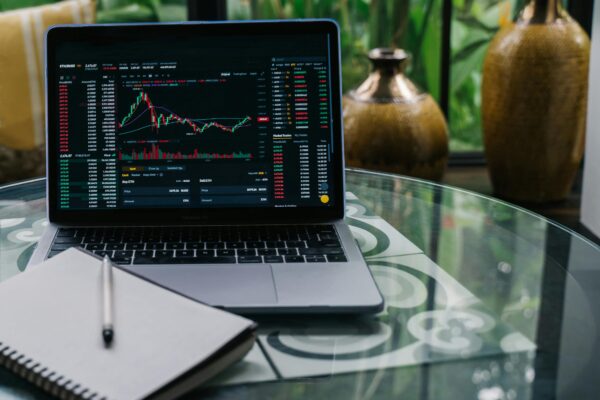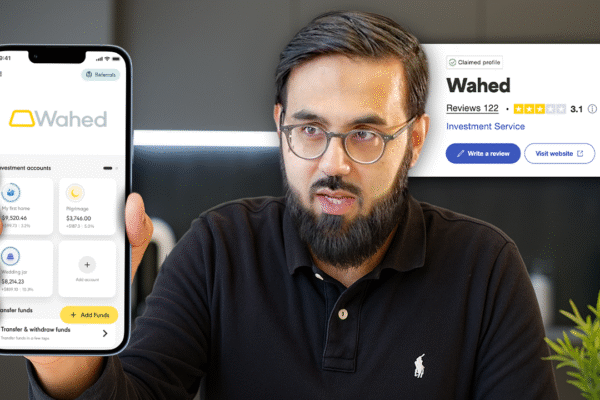
The £150bn Investment Wave Creating Jobs and Wealth (And How To Get Ahead)
23 September 2025 4 min read

IW
IFG Staff Writers
6 min read
Last updated on:
Venture capital is all the rage right now. In an age where everyone wants to get in on the next tech unicorn, it is important to approach this high-risk high-reward type investment with solid know-how and a methodical approach rather than just giving into fear of missing out (FOMO).
Venture capital is funding for early-stage companies that are deemed to have potential for major, long-term scalable growth as we’ve explained in depth here.
But you don’t have to be a high net-worth individual living in major city with a thriving start-up ecosystem to get a piece of the wealth pie. One route in is investing in our sister company Cur8 Capital's EIS Fund, but another is by investing in VCTs.
Venture Capital Trusts (VCTs) are a tax-efficient way to invest in small high-risk high-reward companies to potentially achieve those stellar returns in an affordable manner. Let’s explore that and consider the sharia implications.
VCTs were introduced in 1995 in the UK as a way to incentivise the funding of entrepreneurial ventures. Funding these small businesses is important for innovation and growth to accelerate the economic engine, which allows for more innovation and growth.
VCTs are publicly listed companies the shares of which are traded just like the shares of, say, Vodafone are traded on the stock exchange. The aim of a VCT is to pool money from investors (such as yourself) and invest in unlisted entrepreneurial ventures and companies with the aim of attaining higher than average, albeit riskier, returns.
A VCT manager selects a basket of small companies to invest in under a certain set of rules and criteria. If you already have a diversified portfolio, investing some of it in VCTs may be a good way of exposing yourself to a riskier asset class with the aim of achieving higher than average returns. It is not an investment for capital preservation and there is a significant risk of loss of capital.
Because of these reasons, the government has offered some tax-benefits when investing in VCTs, which is always a plus. Though investing in something solely because of its tax benefit is not a wise strategy. So, what are the tax benefits?
One thing to note is that the maximum tax rebate is limited to how much income tax you actually pay. So for example, Zayd invests £50,000 in a VCT, and he will pay £25,000 in income tax this tax year, 30% of £50,000 is £15,000 which is under the amount of income tax he will pay (£25,000) so he can benefit from the full £15,000 tax rebate.
However, Ruqayyah also invests £50,000 in a VCT this tax year, however, she will pay £8,000 in income tax this tax year. The maximum tax rebate to which she is entitled will be £8,000 and not the full 30%.
Without veering into financial advice, here are some high level practical things to keep in mind regarding VCTs.
VCTs are an easy way to invest in startups and high growth companies picked by experienced and well-networked fund managers. Investing via a VCT will get you a ready-made portfolio of startups and saves you having to do it yourself.
There is no lifetime limit on how much you can invest in VCTs and of course you can receive tax relief on investments up to £200,000. You can also spread this amount across various VCTs for diversification purposes.
VCTs have attracted billions of pounds over the years, with the 2018/19 year attracting a hefty £731 million worth of investments.
Past performance has also showed that VCTs can get you a (very) decent return, and with the tax savings, these returns can be amplified. For example, the average VCT across all sectors has bagged a not so humble return of 160% over the past decade. And just in the 2018/19 tax year, £294 million in tax-free dividends was paid out.
As always, there are some things to be aware of.
This is not like investing in a passive ETF – its riskier than that. Some of the underlying companies are likely to struggle, and inexperienced investors shouldn’t go in thinking this is anything remotely like a blue-chip stock. Here is a robust counterpoint view (our takeaway from it is that if you decide to invest in VCTs, only invest in high quality and mature VCTs).
Economic uncertainty and macro trends affect these smaller businesses even more acutely, and information about these smaller companies isn’t as readily available.
VCTs are more expensive compared with other types of funds, with high fees due to the more hands-on approach the managers must have to navigate these stormy waters. There are often initial charges, running costs, performance fees, and administration costs. These all eat into returns.
As with any government scheme the rules can change and have changed, which can affect your investment strategy. This can be annoying if you’re more of an invest and forget type of investor.
And do remember that you must keep your money in for five years if you want to benefit from the income tax relief.
Finally, past performance doesn’t signal future returns, as the oft-repeated warning goes. However, in this case, it applies even more due to the high uncertainty and the scenario of rules changing and the VCT manager changing, which can completely change the way a VCT invests.
We’ve talked a lot about how to actually screen stocks for their Shariah-compliance here on IFG, you can read on that here and enrol in our a free Shariah screening course so we won’t repeat what makes an investment in stocks halal.
It is important to note that a VCT, like an ETF, is simply a pool of funds that is invested in something. If the companies the VCT invests in are Shariah-compliant, then investing in the VCT is halal of course. So, it’s important to note on the Shariah screening side that you’d have to look at all the individual companies that the VCT invests in to come to a conclusion on the Shariah-compliance.
Thankfully, with VCTs, they are typically more open about their holdings. For example, a popular VCT, Mobeus, has its portfolio listed on its website. In order to get comfortable with investing in such a VCT you need to check (a) that 95% of its holdings are sharia compliant; and (b) the VCT does not deploy any borrowing in its investment.
Venture capital comes under the Mudaraba model in Islamic finance where the risks and returns are shared by the investor (‘Rab ul Mal’) and the entrepreneur (‘Mudarib’). You’re putting your hard-earned capital at risk funding such a venture, but both you and the entrepreneur will benefit if it does well.
For further reading on venture capital, read this article on how important early stage funding is and why Muslims are missing out and what you can do about it.
Author: Mohammed Ayaaz Adam. A Politics, Philosophy, and Economics graduate working in the finance industry and a CFA candidate. A graduate of the Alimiyyah degree with an interest in Islamic Law, Legal Theory, and Islamic Finance.
This article is part of our angel investing series. Check it out here.

23 September 2025 4 min read

26 August 2025 7 min read

24 July 2025 15 min read
Leave a Reply